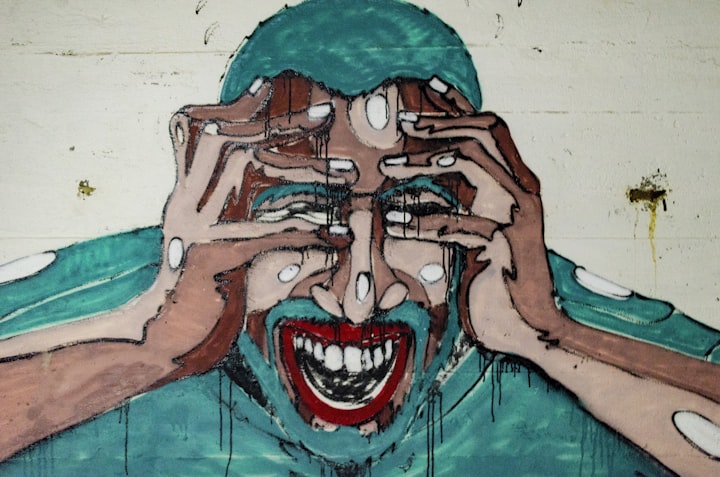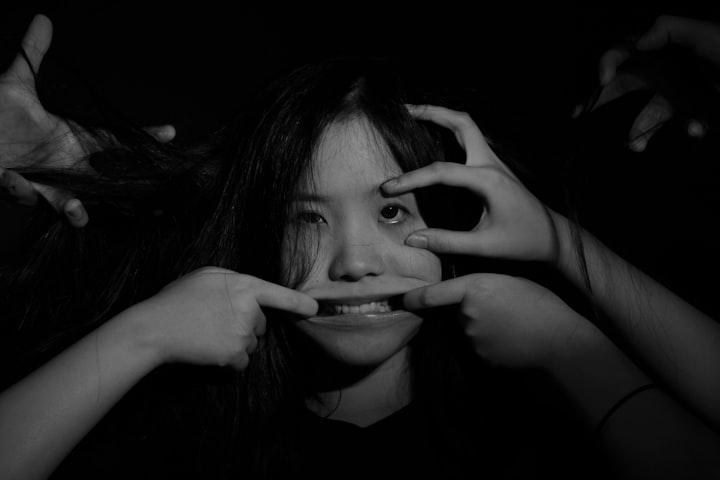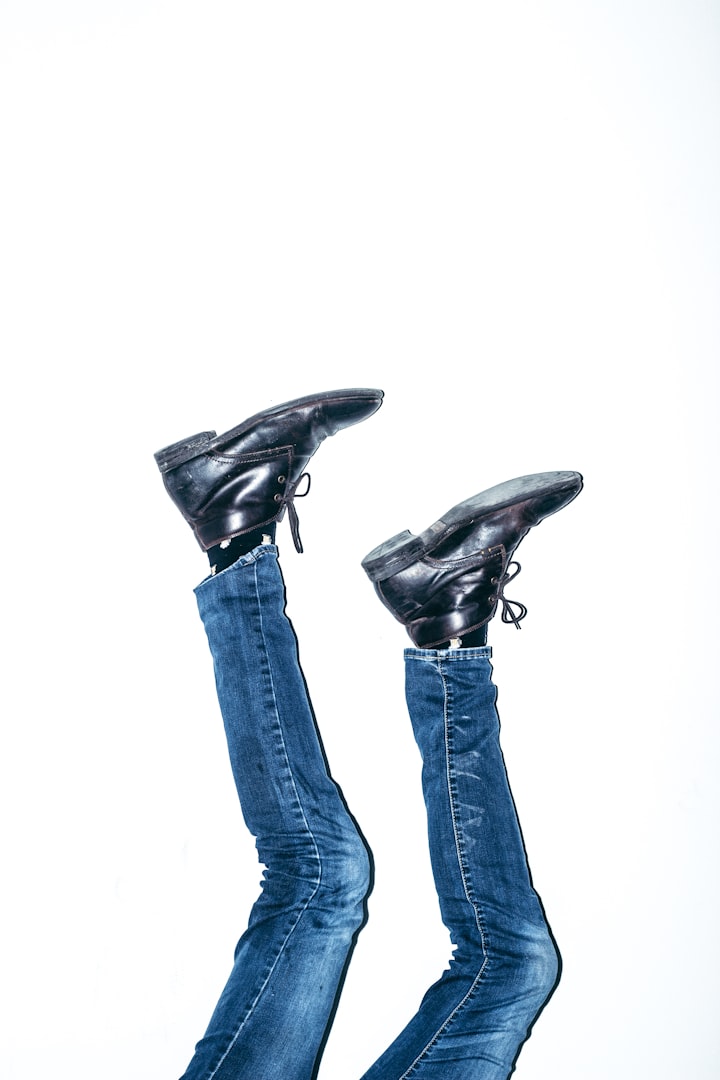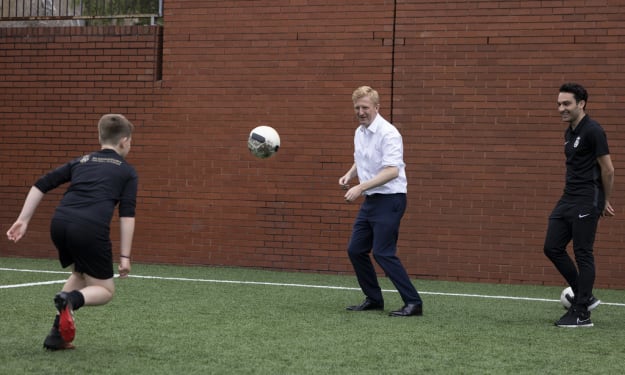COVID-19 Second Wave, Much More Difficult To Bear Psychologically?
While contagion is raising, the number of confined cities and economic uncertainty are on the rise, so are the consultations of patients experiencing episodes of stress and anxiety. Are we prepared to face confinement again?

The sense of protection I had during confinement, being locked up at home and getting out as little as possible, has now disappeared.
At 36 years old, Jesús Peña, a creative in an advertising agency, shows that the feeling of oppression and worry that seizes him is even more intense than in the first wave of the Coronavirus crisis.
Back in his office located in a newly confined Madrid, he longs for the feeling of security that teleworking provided, describes his obsession with hygiene measures as "worrying" and avoids meeting with his friends if it is not essential.
Discouraged to see how the spring effort "does not seem to have been enough" in the face of the recent increase in infections, his testimony is symptomatic of a growing number of people who, as the pandemic returns to confine citizens within walls, feel even greater stress and discouragement than they did months ago.
Could this wave be more difficult to bear psychologically than the first one?

Although many believe that they are living in a day of groundhog distress and discouragement, experts are finding differences in the emotional challenges presented between the first months of confinement and the second wave.
Our cognitive system has adapted to the situation because we have lived with the COVID-19 for several months. In this second wave the impact of such a beastly news is no longer there.
According to this, the current feelings of apathy and hopelessness respond to the unknowns of the future and to not seeing a clear end to the situation, but "they are neither better nor worse, but different".
For his part, José Manuel Gil, psychologist and coach, does consider that this second wave of the pandemic may be more complicated to tolerate if we add all the accumulated tiredness. "It is like reliving a nightmare. The first wave caught us by surprise and we did not know very well what we were facing, but now that we know, it is more difficult," he says.
On the Internet, more and more people share their sorrow at having to abide by new measures of restriction.
"The first confinement I went through without much problem, but the simple fact of thinking that there may be a second fills me with anxiety," evokes a tweet. With some words that could be a mirror of what is happening in the homes of millions of families.
For example, new cases of depression, anxiety, insomnia and other mental disorders will increase by 20% in Spain.
The experts confirm the rebound of consultations of patients with symptoms of anxiety or stress as the outbreaks of the virus began to multiply again.
"We have to understand that we are facing a scenario in which we could not even imagine that we could live," adds Gil.
The pandemic has acted as an extender of fear in people who already had some basis in hypochondria or obsessive pathologies, points out Gil, who recognizes that "there is a significant percentage of patients who are developing fear of contact with others, even young people.
Another aspect that is having a major influence in creating and aggravating this environment of widespread unrest is political confrontation and the amount of contradictory and/or skeptical messages we receive as a result.
"This feeling of lack of management of the health crisis by the people in charge means that there is no clear way out of the situation", confirms the coach.
Normality?

The testimony of Jesús Peña that began these lines corroborates the feeling: "Before I thought, 'It will be two or three months and then we can return to relative normality'.
Now, seeing that when we go out on the street everything has worsened, the feeling of uncertainty is worse. When will we be able to resume our lives? This is the question that keeps on haunting me".
This uncertainty, together with the job and economic insecurity and the backpack of discontent that we have been carrying since March, makes the mix an "emotional race" from which it is difficult not to emerge unscathed.
We are all tired, fed up, discouraged ... the strange thing would be not to be. But it is important to emphasize that this is not a mental pathology. There are those who have certain symptoms of depression or anxiety, but even having them does not mean that we are going to develop a pathology.
In view of what is perceived as a sadder autumn than its already bucolic history, optimum emotional management of the situation is presumed to be fundamental so that our state of mind does not suffer too much.
But are the same guidelines that we used in the first one valid - the production of cakes and viral challenges must have a limit - or being an event that we have already been through we should change certain habits?
It is important to remind ourselves that this has an objective purpose, which is to save lives. We are going to live in the now, because it does not help to continuously project negative thoughts.
Therefore, it is useless to worry now about future Christmas dinners: "We must teach society to look at what we do have. To have our eyes on the present and avoid an overexposure of information: "You find people who 'objectively' have no problems, but are immersed in a state of 'anxiety' and 'stress' that, when you discuss and analyze it with them, they realize that 'neither are so bad.
About the Creator
creatorsklub
I write about tips and strategies for enhancing life. Some advice and insights because life is already to hard to be alone on it!
Enjoyed the story? Support the Creator.
Subscribe for free to receive all their stories in your feed. You could also pledge your support or give them a one-off tip, letting them know you appreciate their work.






Comments
There are no comments for this story
Be the first to respond and start the conversation.